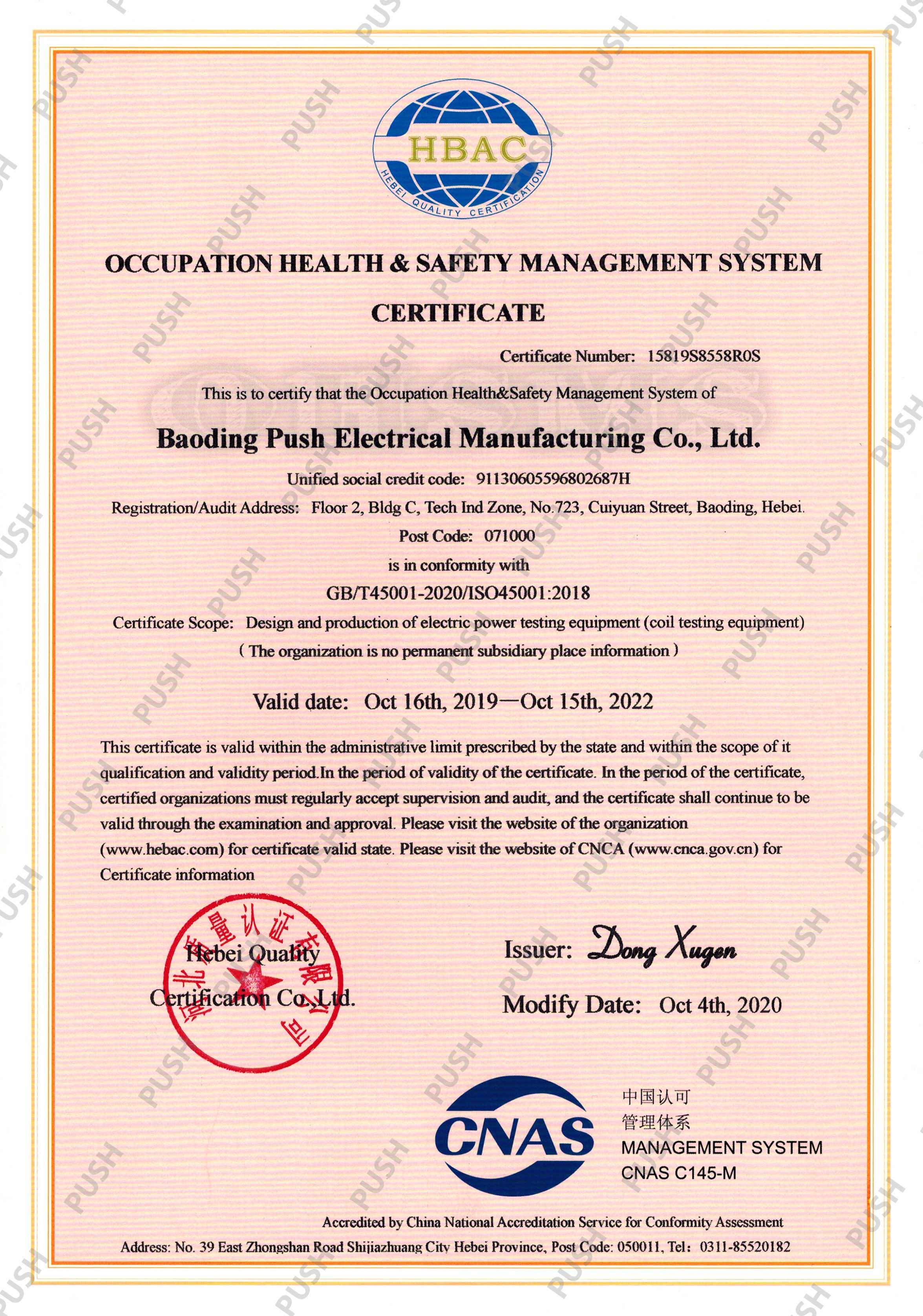 English
English



-
 Afrikaans
Afrikaans -
 Albanian
Albanian -
 Amharic
Amharic -
 Arabic
Arabic -
 Armenian
Armenian -
 Azerbaijani
Azerbaijani -
 Basque
Basque -
 Belarusian
Belarusian -
 Bengali
Bengali -
 Bosnian
Bosnian -
 Bulgarian
Bulgarian -
 Catalan
Catalan -
 Cebuano
Cebuano -
 China
China -
 China (Taiwan)
China (Taiwan) -
 Corsican
Corsican -
 Croatian
Croatian -
 Czech
Czech -
 Danish
Danish -
 Dutch
Dutch -
 English
English -
 Esperanto
Esperanto -
 Estonian
Estonian -
 Finnish
Finnish -
 French
French -
 Frisian
Frisian -
 Galician
Galician -
 Georgian
Georgian -
 German
German -
 Greek
Greek -
 Gujarati
Gujarati -
 Haitian Creole
Haitian Creole -
 hausa
hausa -
 hawaiian
hawaiian -
 Hebrew
Hebrew -
 Hindi
Hindi -
 Miao
Miao -
 Hungarian
Hungarian -
 Icelandic
Icelandic -
 igbo
igbo -
 Indonesian
Indonesian -
 irish
irish -
 Italian
Italian -
 Japanese
Japanese -
 Javanese
Javanese -
 Kannada
Kannada -
 kazakh
kazakh -
 Khmer
Khmer -
 Rwandese
Rwandese -
 Korean
Korean -
 Kurdish
Kurdish -
 Kyrgyz
Kyrgyz -
 Lao
Lao -
 Latin
Latin -
 Latvian
Latvian -
 Lithuanian
Lithuanian -
 Luxembourgish
Luxembourgish -
 Macedonian
Macedonian -
 Malgashi
Malgashi -
 Malay
Malay -
 Malayalam
Malayalam -
 Maltese
Maltese -
 Maori
Maori -
 Marathi
Marathi -
 Mongolian
Mongolian -
 Myanmar
Myanmar -
 Nepali
Nepali -
 Norwegian
Norwegian -
 Norwegian
Norwegian -
 Occitan
Occitan -
 Pashto
Pashto -
 Persian
Persian -
 Polish
Polish -
 Portuguese
Portuguese -
 Punjabi
Punjabi -
 Romanian
Romanian -
 Russian
Russian -
 Samoan
Samoan -
 Scottish Gaelic
Scottish Gaelic -
 Serbian
Serbian -
 Sesotho
Sesotho -
 Shona
Shona -
 Sindhi
Sindhi -
 Sinhala
Sinhala -
 Slovak
Slovak -
 Slovenian
Slovenian -
 Somali
Somali -
 Spanish
Spanish -
 Sundanese
Sundanese -
 Swahili
Swahili -
 Swedish
Swedish -
 Tagalog
Tagalog -
 Tajik
Tajik -
 Tamil
Tamil -
 Tatar
Tatar -
 Telugu
Telugu -
 Thai
Thai -
 Turkish
Turkish -
 Turkmen
Turkmen -
 Ukrainian
Ukrainian -
 Urdu
Urdu -
 Uighur
Uighur -
 Uzbek
Uzbek -
 Vietnamese
Vietnamese -
 Welsh
Welsh -
 Bantu
Bantu -
 Yiddish
Yiddish -
 Yoruba
Yoruba -
 Zulu
Zulu
electrode used in potentiometric titration
Electrode Used in Potentiometric Titration A Comprehensive Overview
Potentiometric titration is a widely utilized analytical technique in chemistry that allows for the precise determination of the concentration of an analyte solution. It involves the measurement of the potential (voltage) of an electrochemical cell, which changes as a titrant is added to the sample solution. Central to the success of this method is the type of electrode used, which significantly influences the accuracy and reliability of the titration results.
Types of Electrodes in Potentiometric Titration
Electrodes used in potentiometric titration can be broadly categorized into two main types indicator electrodes and reference electrodes. Each type plays a critical role in the measurement process.
1. Indicator Electrodes
Indicator electrodes are sensitive to the specific ions involved in the titration. They translate the chemical reaction taking place in the solution into an electrical signal, which is then monitored. The most common types of indicator electrodes include
- Glass pH Electrodes These are perhaps the most familiar indicator electrodes and are primarily used for acid-base titrations. A glass electrode consists of a thin glass membrane sensitive to hydrogen ions (H+). As the pH of the solution changes during titration, the voltage generated by the glass electrode reflects these variations, allowing for accurate pH measurement.
- Ion-Selective Electrodes (ISEs) These electrodes are designed to respond selectively to a particular ion in the solution, such as fluoride, chloride, or metal ions
. Ion-selective electrodes are essential in titrations that involve specific ions, providing a highly sensitive means of detection.- Metal Electrodes In redox titrations, metal electrodes such as platinum or gold may be used. These electrodes can participate in redox reactions and are often used to measure changes in electrical potential during the titration process.
electrode used in potentiometric titration

2. Reference Electrodes
Reference electrodes provide a stable and constant voltage against which the potential of the indicator electrode can be measured. They are crucial for ensuring accurate and reproducible measurements. Common types of reference electrodes include
- Calomel Electrode This traditional reference electrode contains mercury and mercury(I) chloride (calomel). It maintains a stable potential, making it suitable for various titrations. However, due to mercury's toxicity, its use is becoming limited.
- Silver/Silver Chloride Electrode Made by immersing a silver wire in a solution of silver chloride, this electrode is a popular alternative to calomel electrodes. It is less hazardous and provides a stable reference potential.
Importance of Electrode Selection
The selection of an appropriate electrode is vital for the success of a potentiometric titration. The effectiveness of the measurement can be influenced by several factors, including the type of analyte, the presence of interfering ions, and the titrant used. Using electrodes with the right sensitivity and selectivity can significantly enhance the accuracy of the titration process. Furthermore, the temperature and ionic strength of the solution can affect the performance of the electrodes, requiring careful calibration and maintenance.
Conclusion
In summary, the choice of electrodes in potentiometric titration is a critical factor that affects the overall integrity and accuracy of the analysis. Understanding the different types of electrodes—both indicator and reference—and their specific applications ensures that chemists can effectively determine the concentration of analytes in various solutions. With advancements in electrode technology, including the development of more selective and sensitive materials, the future of potentiometric titration looks promising, paving the way for even more precise analytical measurements in the field of chemistry. Whether in educational laboratories or industrial applications, the right electrodes maintain the ease and reliability of potentiometric titration, reaffirming its position as an essential technique in modern analytical chemistry.
-
Testing Equipment Industry Sees Major Advancements in 2025: Smart & Precision Technologies Lead the WayNewsJun.06,2025
-
Applications of Direct Current Generators in Renewable Energy SystemsNewsJun.05,2025
-
Hipot Tester Calibration and Accuracy GuidelinesNewsJun.05,2025
-
Digital Circuit Breaker Analyzer Features and BenefitsNewsJun.05,2025
-
Benefits of Real-Time Power Quality Monitoring Devices for Industrial EfficiencyNewsJun.05,2025
-
Earth Fault Loop Testing in High-Rise Building Electrical SystemsNewsJun.05,2025



